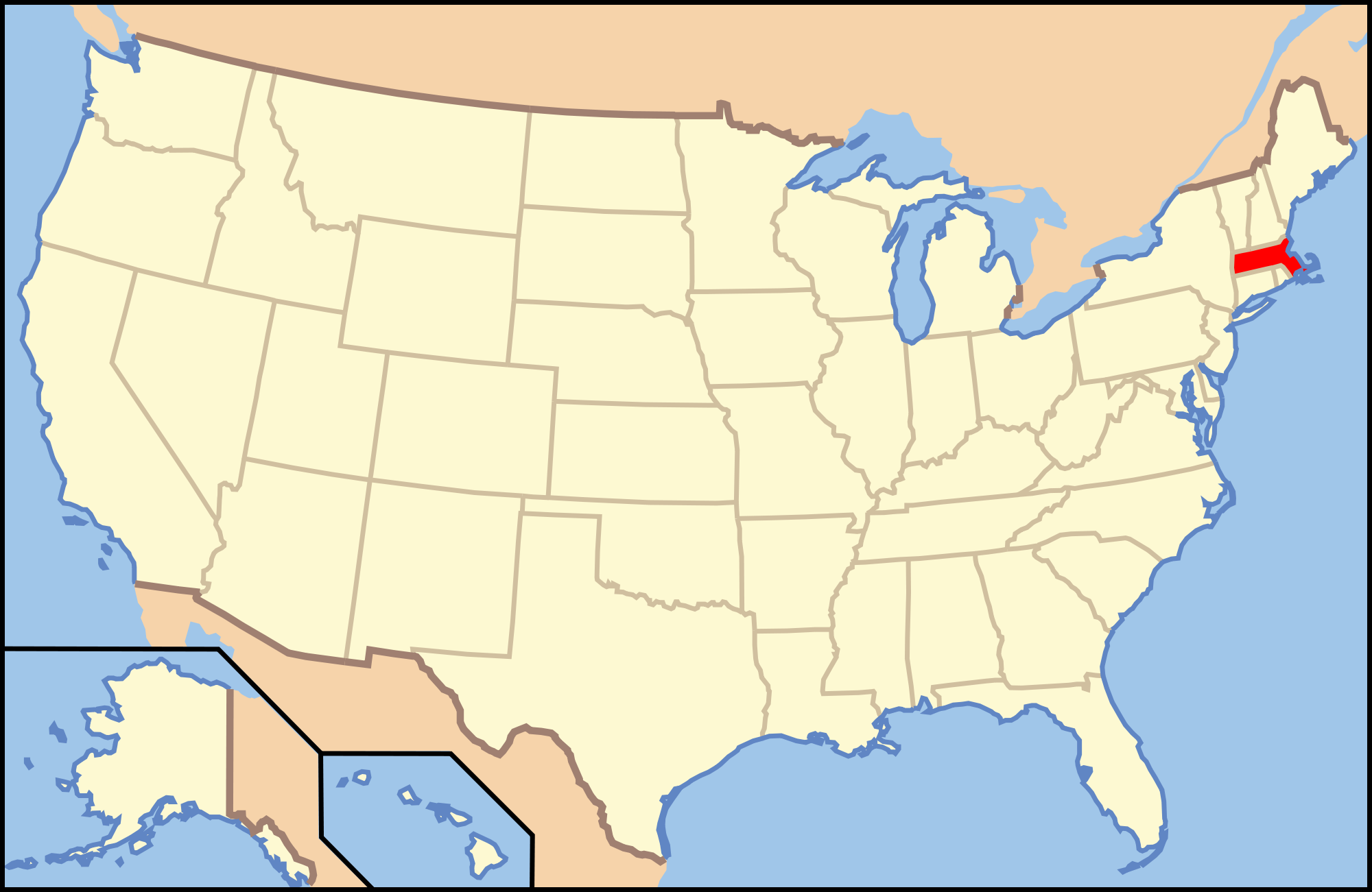 The northeastern area of the US stretches from the
Great Lakes (W) to the Atlantic Ocean (E) and from the southern woodlands of
eastern Canada (N) to the northern Appalachian Mountains (S). Within this area
there are two major cultural groups of Native American: the Iroquoian people,
including the Huron, Mohawk, Oneida, Onondaga, Cayuga, and Seneca; and the
Algonquin people, including Wampanoag and Lenape. The Wampanoag are the people
who helped the Pilgrims of the Plymouth Colony survive. This story comes from
the Wampanoag people, who teach the importance of self-reliance in a community.
The northeastern area of the US stretches from the
Great Lakes (W) to the Atlantic Ocean (E) and from the southern woodlands of
eastern Canada (N) to the northern Appalachian Mountains (S). Within this area
there are two major cultural groups of Native American: the Iroquoian people,
including the Huron, Mohawk, Oneida, Onondaga, Cayuga, and Seneca; and the
Algonquin people, including Wampanoag and Lenape. The Wampanoag are the people
who helped the Pilgrims of the Plymouth Colony survive. This story comes from
the Wampanoag people, who teach the importance of self-reliance in a community.
A long time ago, when the forests were thick and
there were no cities, there was a giant named Maushop. He lived along the
Massachusetts coast with the Wampanoag people, also known as the People of the
First Light. He loved the people very much and wanted to help them in any way
he could.
When the days were getting shorter and nights longer,
people needed more and more fire to keep them warm.
“Mauship, can you fetch some wood from the forest?”
they would ask. And that’s what he did. He went to the forest, broke a big tree
into parts and carried it into the settlement.
“Mauship, can you chop the wood into smaller pieces
and carry it to each of our wigwam?” they would ask further. And that’s what
the giant did.
When the fire was blazing and their bodies warmed,
they would ask, “Can you bring us some food to eat?” And once again that’s what
he did. He caught a great fish, cleaned it, set it on sticks above fire and
served it to people.
The people got used to relying on the giant so much
that they became lazy. They would lay about the settlement doing nothing. And
that’s when the giant realized that he had done too much for the people. So he
had to teach them how to rely on themselves.
He taught them how to make a fire, how to plow and
sow and pick up the harvest, how to store food for winter months so they could
survive until the next harvest comes. He taught them all this and more.
“Now you should be able to provide for yourselves
and survive on your own,” with those words he left the settlement and was never
seen again.
Source: The Girl Who Helped Thunder and Other Native
American Folktales by James Bruchac and Joseph Bruchac

Nice and so impressed~
ReplyDeleteNice story who has made this he is a great
ReplyDelete